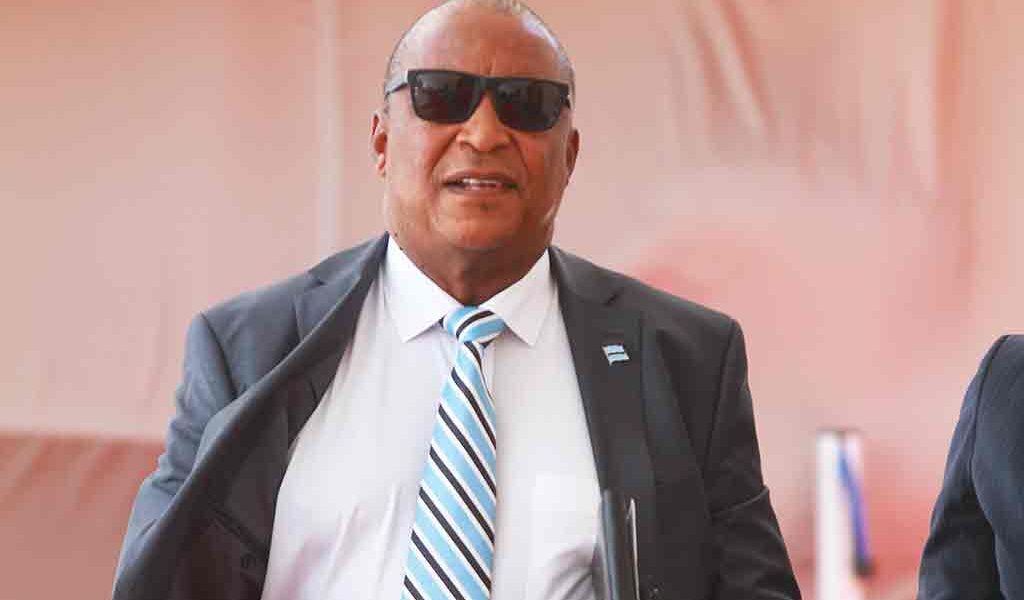- Controversy surrounds COVID-19 food basket scheme before it takes off
TEFO PHEAGE
A bitter clash between social workers and councillors is taking shape following the government’s move to hurriedly roll out the COVID-19 food basket programme as both seem to be fighting for their space in the programme.
Politicians are complaining that they, as stakeholders, are kept in the dark but have to answer difficult questions from the electorate every day while social workers are worried that politicians, as always, want to politicise the assessment and pay back their supporters. Some social workers on the ground who preferred to speak on conditions of anonymity said the government must rise to the occasion and clarify the issue because politicians want to hijack their task.
Already there is confusion as to who should benefit in the programme and Batswana have already taken to social media to make fun of the assessment principles, which the University of Botswana social workers department has already classified as “counterproductive and not well thought out.” The department is already developing a holistic national assessment framework intended to bridge the gaps left by the instruments developed by the government.
The sad story, however, is that the controversial government instruments are already being used to assess while UB is still busy developing their “comprehensive and inclusive” framework. “The instrument currently used by the government has a lot of deficiencies and gaps which do not address the questions raised by COVID 19 in so far as this issue is concerned. The scope of the assessment on the ground is the one you would use under normal circumstances and does not address the challenges accompanying this pandemic,” said Dr Kgosietsile Maripe of UB social work department.
Maripe said there may be people considered to be “just fine” whose circumstances may have been changed or seriously affected by the pandemic, “These people should qualify for assistance,” Maripe continued. “There may be varying levels of vulnerability within a single household and all these should be assessed on a case by case basis. We must tread carefully on these categorisations to avoid tripping ourselves in trying to rescue ourselves.”
Asked whether their suggestions will assist the situation, considering that the government has already rolled out the programme, Dr Maripe said they hope it will assist. “Of course, we aware that they have rolled down a programme we deem loose, but we hope ours will assist. The thing is that we, the stakeholders, were not consulted when these things were done. In my view, the health ministry should have taken other sectors on board when this crisis hit. Now all these are emergency responses,” he said.
Dr Maripe further said the government is not well-equipped to carry out the task human resource-wise. “One social worker per village with about, let’s say 7000 inhabitants. The ration is just way too big to match. Was there orientation for these people? The answer is no. Even if you may say the social workers are accompanied by the chief of whoever, who will be doing the analysis? Do they understand what they are dealing with?” he said.
Dr Maripe’s concerns are echoed by his associate, Dr Kgomotso Jongman, who says “I saw the template upon which the social workers are to base their work and I felt so sad.”
He continued: “I can imagine what social workers are currently going through in trying to implement what they have been tasked to do. The pieces of documents in their possession are so divorced from the reality and the task. The challenge of COVID-19 is more serious a problem than how it has been taken by the leadership.”
According to Jongman, when the disaster hit, there were talks of psycho-social support. “Nobody is talking about the psychosocial support now. It has been relegated to the periphery.” He expressed worry as well that district council social workers cannot do this work alone and said the government needs to beef up the teams with skills and personnel.
The Minister of Local Government and Rural Development, Eric Molale, told this publication that they have not set timeframes on the assessment. “They are to last until everybody who should be assisted has been assisted,” said Molale. But his ministry’s spokesperson, Masego Ramakgathi, said: “The assessment elapses on the 14th of April (today) and thereafter we shall roll out the food baskets after analysis.” Already some families are complaining that they have not seen any social worker.
On the councillors/social workers issue, Molale said councillors are important stakeholders because they are part of the local leadership committees against COVID 19 response. Councillors countrywide are complaining that they have been kept in the dark.




